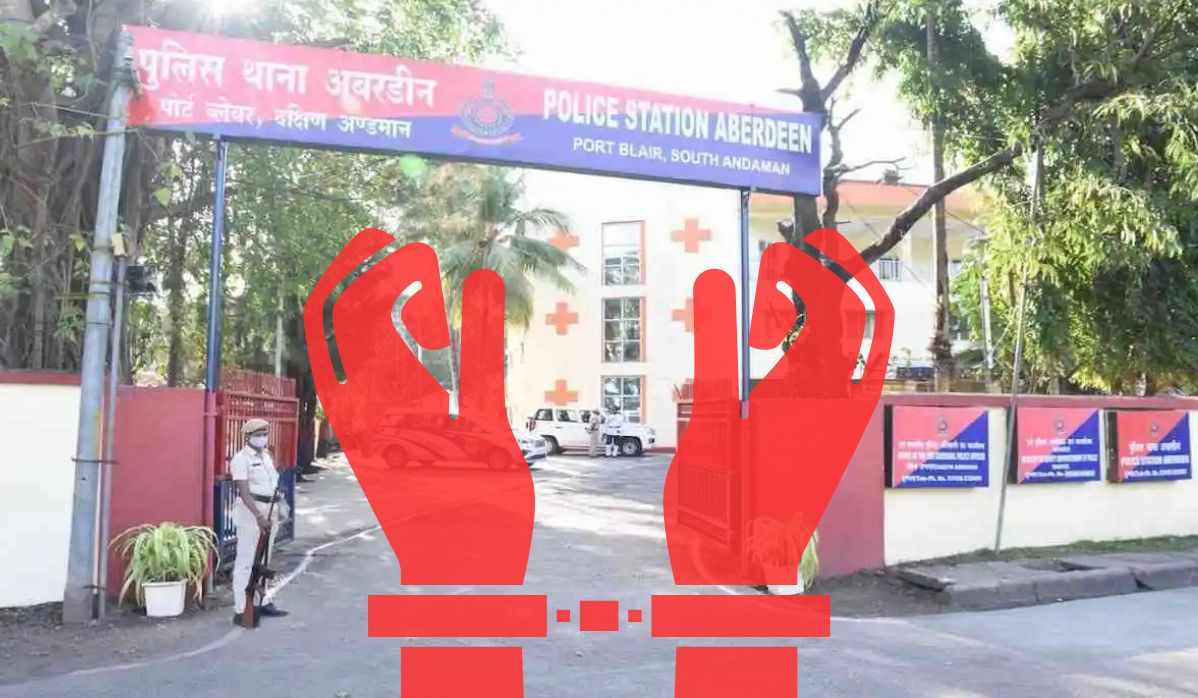Tarun Karthick
Campbell Bay, 21 November 2024
In a deeply concerning incident reported from South Andaman, a member of the Great Andamanese tribal community—a Particularly Vulnerable Tribal Group (PVTG) of the Andaman and Nicobar Islands—was subjected to derogatory remarks rooted in their tribal identity. The incident, which occurred on 17th November 2024, led to a case being registered at the Aberdeen Police Station.
The complaint highlights that during a dispute over jungle clearance between the victim’s in-laws and a local family, the accused repeatedly made offensive comments about the victim’s tribal origins. Such remarks, targeting the Great Andamanese community, are a violation of the Scheduled Castes and Scheduled Tribes (Prevention of Atrocities) Act, 1989 (as amended in 2015). A case has been registered under Sections 3(1)(d) and 3(1)(g) of the Act.
The Great Andamanese community, one of the original inhabitants of the Andaman and Nicobar Islands, has faced significant historical and social challenges. This incident underscores the continuing prejudices that marginalised communities endure, often at the hands of individuals conditioned by outdated stereotypes.
This behaviour is not only morally reprehensible but also punishable by law. Targeting individuals based on their tribal identity perpetuates systemic discrimination and erodes the rich cultural fabric of the islands. It is crucial for the public to understand that such acts are criminal and come with severe consequences under the law.
Residents of the Andaman and Nicobar Islands should always respect the diverse communities that contribute to the region’s uniqueness. Particularly Vulnerable Tribal Groups like the Great Andamanese have a proud history and a right to live with dignity, free from prejudice and discrimination. Public behaviour towards any individual, especially those from marginalised groups, should be guided by respect, understanding, and humanity.
This case serves as a reminder that discriminatory actions against tribes are punishable and should never be tolerated. Authorities are expected to ensure justice, and society must collectively reject and condemn such behaviour.

